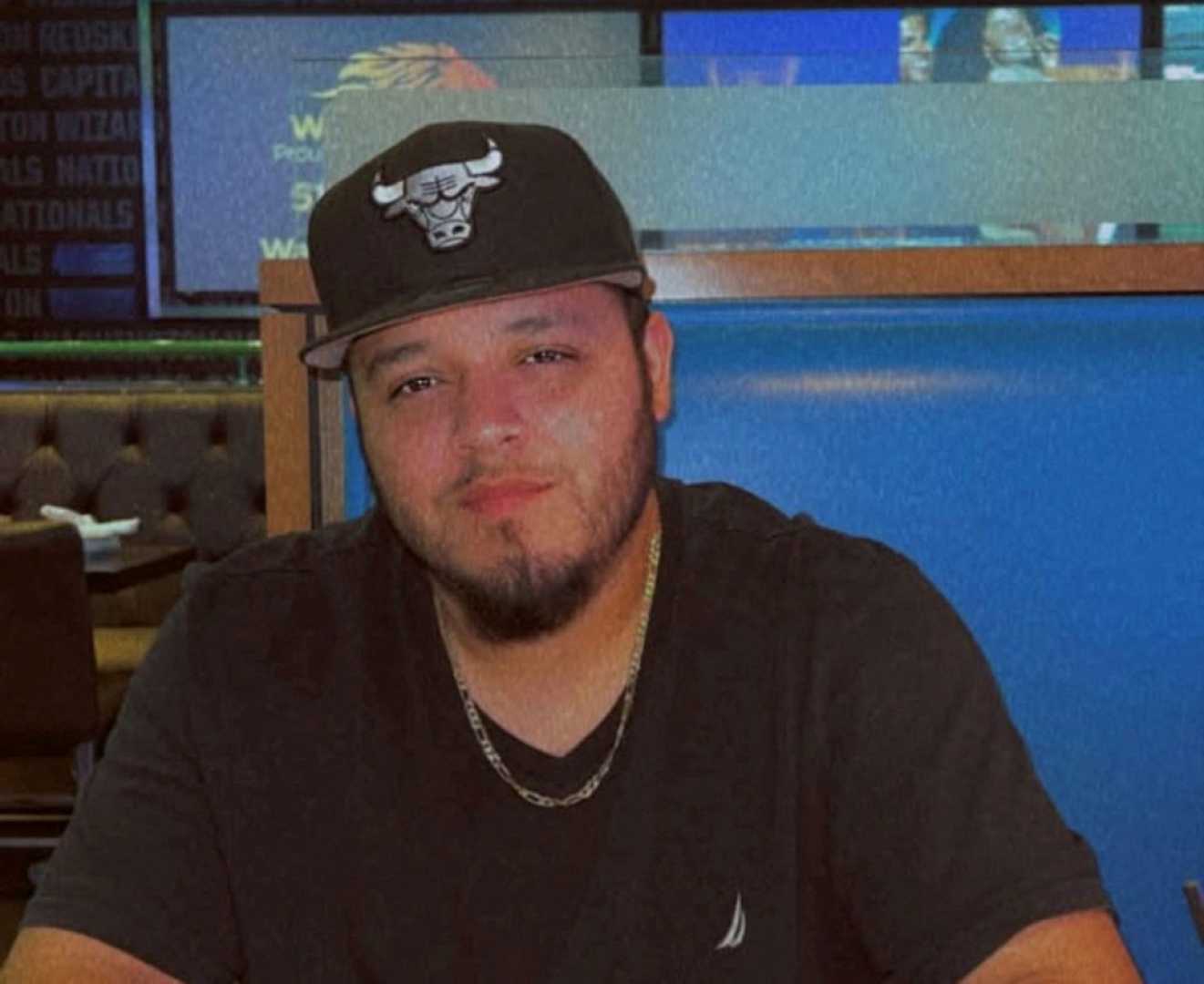News
Federal Judge Delays Immigration Case of Kilmar Abrego García

Washington, D.C. – A federal judge in Tennessee has paused the release of Kilmar Abrego García, who was expected to be freed following a ruling by another magistrate. Judge Barbara Holmes issued the stay of release for 30 days, allowing the Trump administration time to appeal and García’s legal team to seek further options.
Holmes’ decision came just hours after two other federal judges ordered García’s release. U.S. District Judge Waverly D. Crenshaw and Judge Paula Xinis from Maryland sided with García, who has become a symbol of the injustices tied to the Trump administration’s mass deportation efforts.
Simon Sandoval-Moshenberg, one of García’s attorneys, stated, “These rulings represent a significant rebuke and a crucial protection for Kilmar’s due process rights.” He emphasized the importance of this legal protection after García was previously deported without notice.
Judge Crenshaw rejected a motion by the Administration to reverse Holmes’ prior order, asserting that the government did not provide enough evidence to prove that García posed a danger to the community. Crenshaw highlighted that the government’s concerns could be addressed through conditions of García’s release.
Previously, Judge Holmes had granted García’s release but feared he would be detained again by Immigration and Customs Enforcement (ICE) upon release. The Department of Homeland Security had indicated intentions to deport him again to either Mexico or South Sudan.
Judge Xinis added conditions for García, requiring ICE to inform his lawyers about any intended deportation 72 hours in advance and ordered his return to Maryland, where he lived with his family.
At 29, García was wrongfully deported to El Salvador in March amidst broader claims by the Trump Administration connecting him with criminal gangs, which he has denied. His case gained attention after the government acknowledged the administrative error in his deportation.
García returned to the U.S. on June 6, but not to resolve the prior mistake. Instead, he faced new charges as a dangerous criminal accused of trafficking undocumented migrants. He has remained in custody in Tennessee awaiting trial and has pleaded not guilty.
Ama Frimpong, legal director of the advocacy group CASA, expressed hope following the judges’ decisions, noting that they provide some protection for García and relief for his family. “This is not the end of our struggle; it is a moment of accountability,” she stated. “Our fight for true justice for Kilmar continues, and when we fight, we win.”












